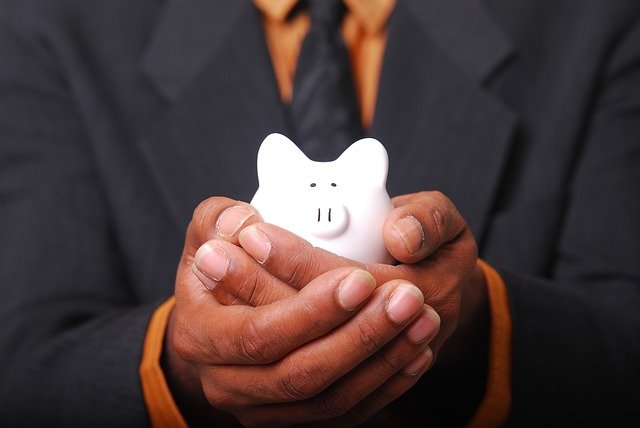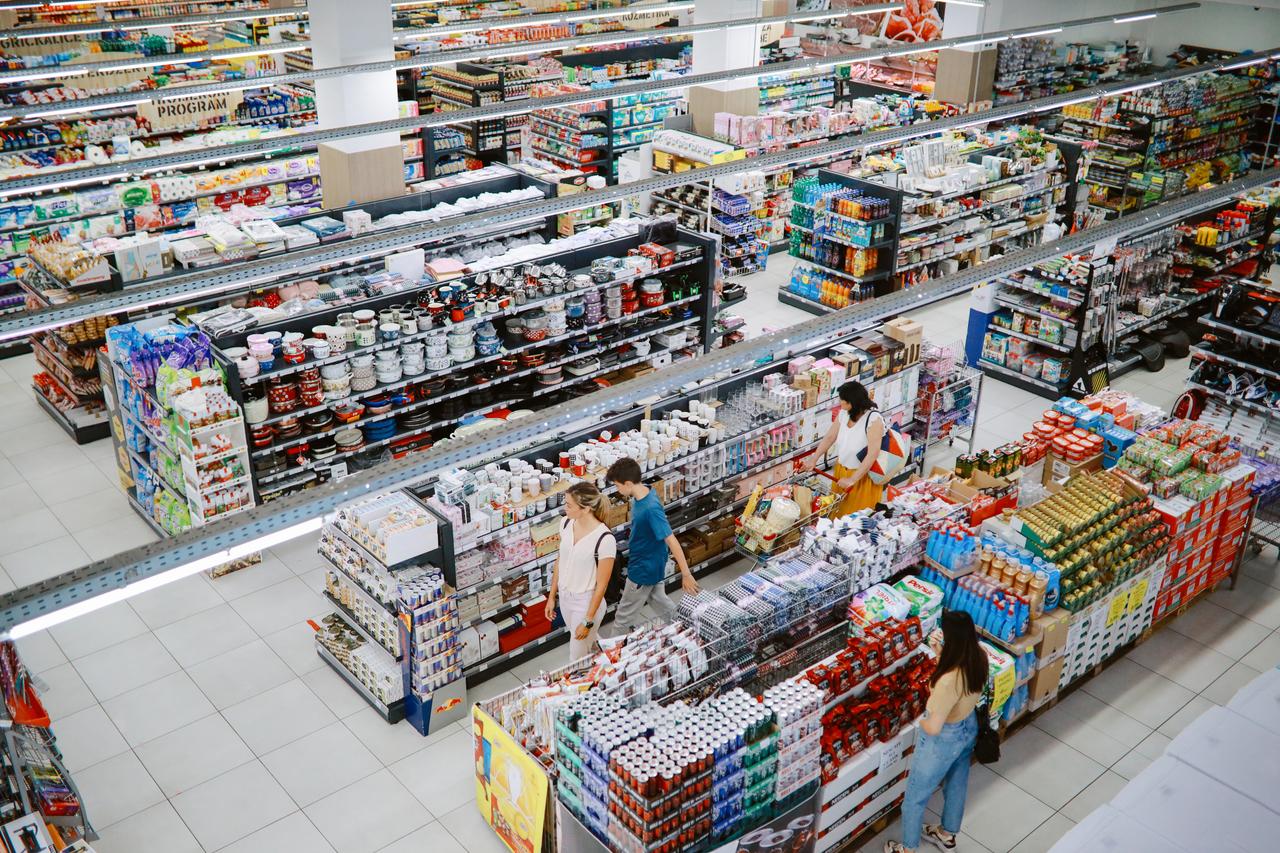It has been wrongly assumed that consumers would drive the recovery after Covid-19 in 2022. The opposite is the case. European consumers spend less and save less. According to our own calculations, consumers in the eurozone will spend €70 billion less this year. That is almost 500 euros per household.
Inflation, the war in Ukraine and possible new waves of COVID-19 have seriously affected consumer confidence. European consumers are even more pessimistic than during the lockdowns.




